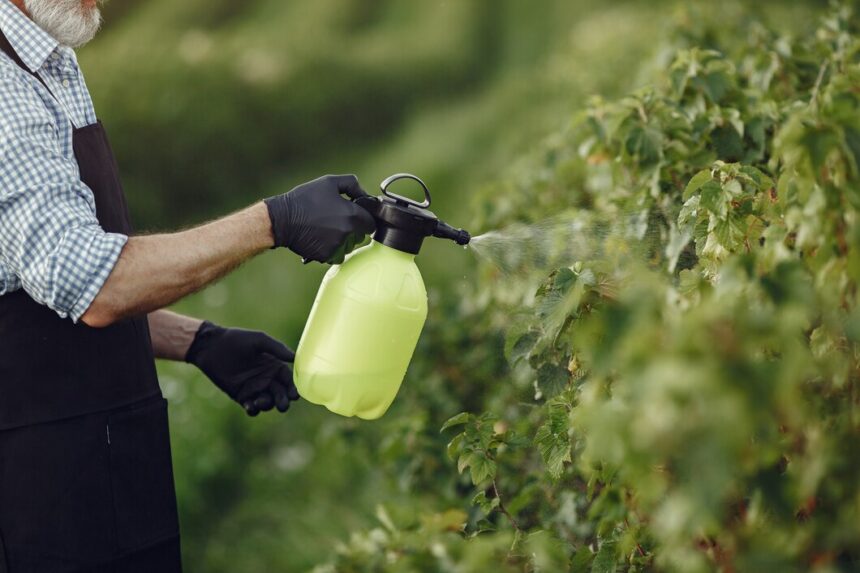In South Africa, where diverse ecosystems and agricultural practices coexist, adopting eco-friendly pest control methods is crucial for maintaining environmental balance and promoting sustainable farming. Here are ten effective ways to implement eco-friendly pest control in South Africa:
- Integrated Pest Management (IPM): Implementing IPM involves using a combination of biological, cultural, mechanical, and chemical methods to manage pests. This approach reduces reliance on harmful pesticides and focuses on long-term prevention and control.
- Biological Control: Utilize natural predators and parasites to control pest populations. For example, introducing ladybugs or lacewings can help manage aphid infestations, while nematodes can target soil-dwelling pests.
- Organic Pesticides: Use organic or naturally derived pesticides, such as neem oil, insecticidal soap, or diatomaceous earth. These options are less harmful to non-target organisms and the environment compared to synthetic chemicals.
- Companion Planting: Planting certain species together can help repel pests and attract beneficial insects. For instance, marigolds can deter nematodes, and planting garlic or onions can help repel aphids.
- Cultural Practices: Adjusting farming practices can reduce pest infestations. Practices such as crop rotation, proper spacing, and timely planting can disrupt pest life cycles and minimize damage.
- Physical Barriers: Employ physical barriers like row covers, netting, or traps to protect crops from pests. These barriers can prevent insects from reaching plants and reduce the need for chemical controls.
- Pheromone Traps: Use pheromone traps to monitor and control pest populations. These traps attract pests with synthetic pheromones, helping to manage their numbers and reduce damage.
- Soil Health Management: Maintain healthy soil through composting and organic matter additions. Healthy soil promotes strong plant growth, which can naturally reduce susceptibility to pests.
- Water Management: Proper irrigation practices can help prevent pest problems. Overly wet conditions can encourage pests like slugs and snails, while well-managed watering can keep plants healthy and less prone to infestation.
- Education and Awareness: Educate farmers and gardeners about eco-friendly pest control methods. Providing training on sustainable practices and pest identification can empower individuals to make informed decisions and adopt effective strategies.
Implementing eco-friendly pest control methods in South Africa not only helps in preserving the environment but also supports sustainable agricultural practices. By integrating these approaches, farmers and gardeners can manage pests effectively while minimizing their ecological footprint.
Join 'Farmers Mag' WhatsApp Channel
Get the latest Farming news and tips delivered straight to your WhatsApp
CLICK HERE TO JOIN






